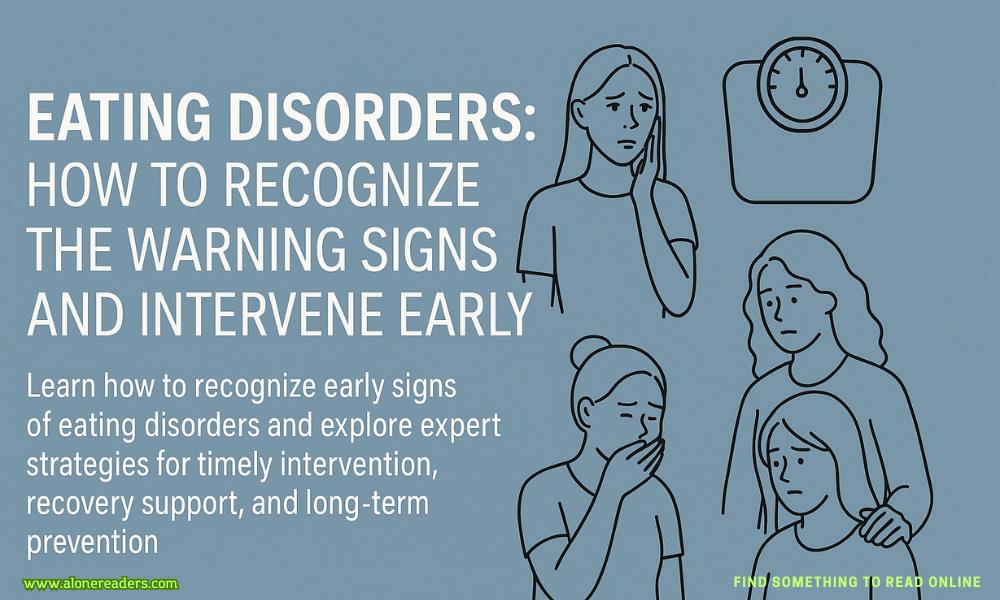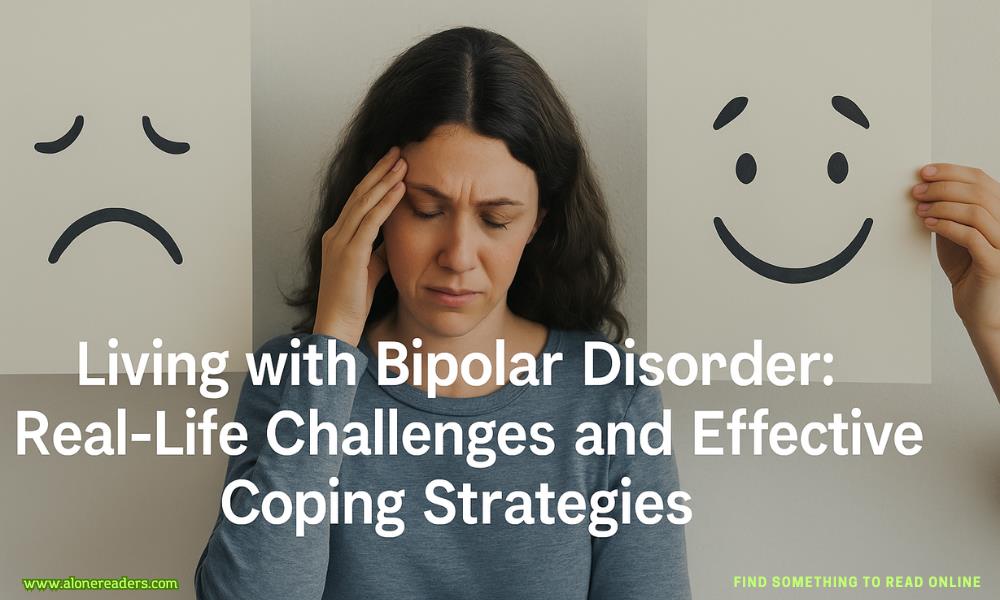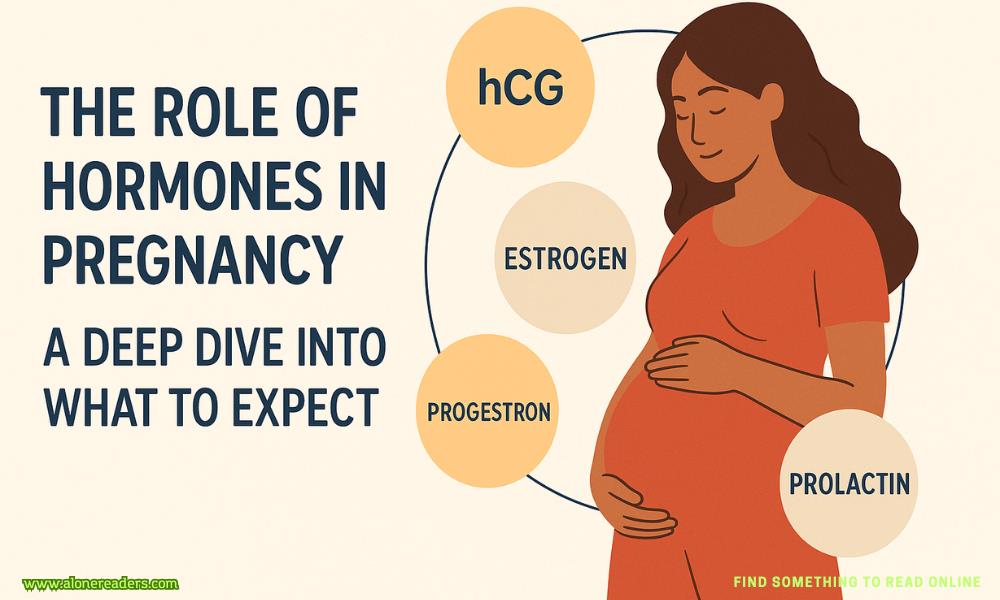Page 80 of Aftertaste
There were good things to eat in every direction. Spirits strolled the streets with the lazy haze of tourists. They ate crepes in waxed paper; they licked swirls of ice cream. They chewed translucent strips of prosciutto folded inside newsprint cones.
My stomach growled at the sights; it moaned at the smells. Garlic crisping in foaming slabs of butter. Crusty bread, still steaming from the oven. Glossy discs of chocolate melting over double boil.
In the Hall, it was impossible to think about anything but food. Everywhere I looked, something beckoned. And as I passed a storefront—a sweetshop, the candy arranged in the window like so many jewels—the cravings won.
Just one bite, I thought, and pulled open the door.
Inside, on a marble counter, a black box appeared. Nestled inside werefour perfect confections—a sampler surprise. The aroma was decadent—thick and bittersweet. I didn’t even think before shoving one into my mouth.
A gourmet peanut cup.
Dark chocolate. Crunchy nut interior. Hard, thick outer shell.
A bastardization, but enough to trigger a memory so strong I nearly dropped the box.
Reese’s.
Everleigh.
Halloween.
The whole reason I was there.
It felt like being yanked out of a trance. I was supposed to be looking for her! She needed my help! She was in pain, and here I was, wasting time I didn’t have.
I felt panic rise into my throat. I shivered.
And then the candy shop swam before my eyes, going liquid.
The Hall was gone.
Back at Brink, they’d administered the antidotes.
STRANGE MUSIC FLOODEDmy ears as I awoke; a penlight dilated my eyes.
How do you feel?the psychopomp asked me.
The answer toppled out before my brain knew what my mouth was saying.
Hungry.
That’s normal.She smiled.Let’s get you a snack.
But this Hunger, it turned out, wasn’t normal.
It belonged to the Afterlife, to the Dead.
And it had followed me home.
IF YOU CAN’T TAKE THE HEAT
LINCOLN CENTER INthe evening—pink light hitting the white stone across the plaza, flickering across the fountain, anointing the theatergoers dressed in sequins and silks, in thick suits and the air of cultural condescension, their costumes as elaborate as the performers’—was like traveling back, witnessing a time that used to be. Another era that, if not entirely dead, was teetering dangerously in that valley between shadow and death.
Konstantin was teetering, too. Balanced on the edge of the fountain, waiting for Maura, drinking an extremely overpriced espresso and trying not to get his new suit (courtesy of Viktor’s stylist) wet in the spray.
He’d planned a special night out, a big, fancy evening to sweep her off her feet. He’d gotten tickets toMatsukaze(standing room, and in Japanese, and he hated opera, but Maura had been dropping hints about the ghost sisters plot for close to a month), followed by drinks at The Smith (touristy, but part of the whole theater routine), and an evening stroll through Central Park (always a winner), the ideal place for a deep conversation, a romantic encounter, the perfect way—the evening softened by champagne and music and elegance—to finally tell her that he loved her.
He wasn’t sure why this particular confession felt so difficult for him. Especially now that he’d announced his clairgustance—his closely guardedsecret of twentyyears—to the entire world. Not to mention that, compared to ghost tasting, loving someone was basic stuff. The kind of thing people experienced all the time! And still, the mere thought of saying those three words to Maura dredged Kostya in cold, sticky sweat.
- Her Billionaire Boyfriend by Abigail Barnette
- Desperate Temptations by Lila Fox
- Vengeful Pawn by K.L. Donn
- Defending Love by Aleatha Romig
- Playing with Forever by Erika Wilde
- Changing Caleb by J.L. Leslie
- A Touch of Fate by Cora Reilly
- Safe and Sound by Jisa Dean
- That: Taylor & Brooks by C. Monet
- Shades of Scars by January Blue
- Bratva Boss's Secret Baby by Bella King
- My Bratva Dom by Imani Jay
- Cheating the Devil by Samantha Cole
- Luke by Lisa Lovell
- Flying Colors by C.J. Bishop
- Cole by C.J. Bishop







